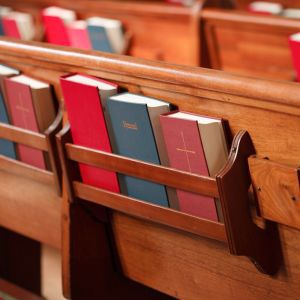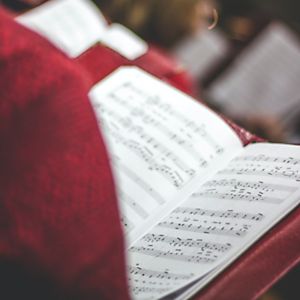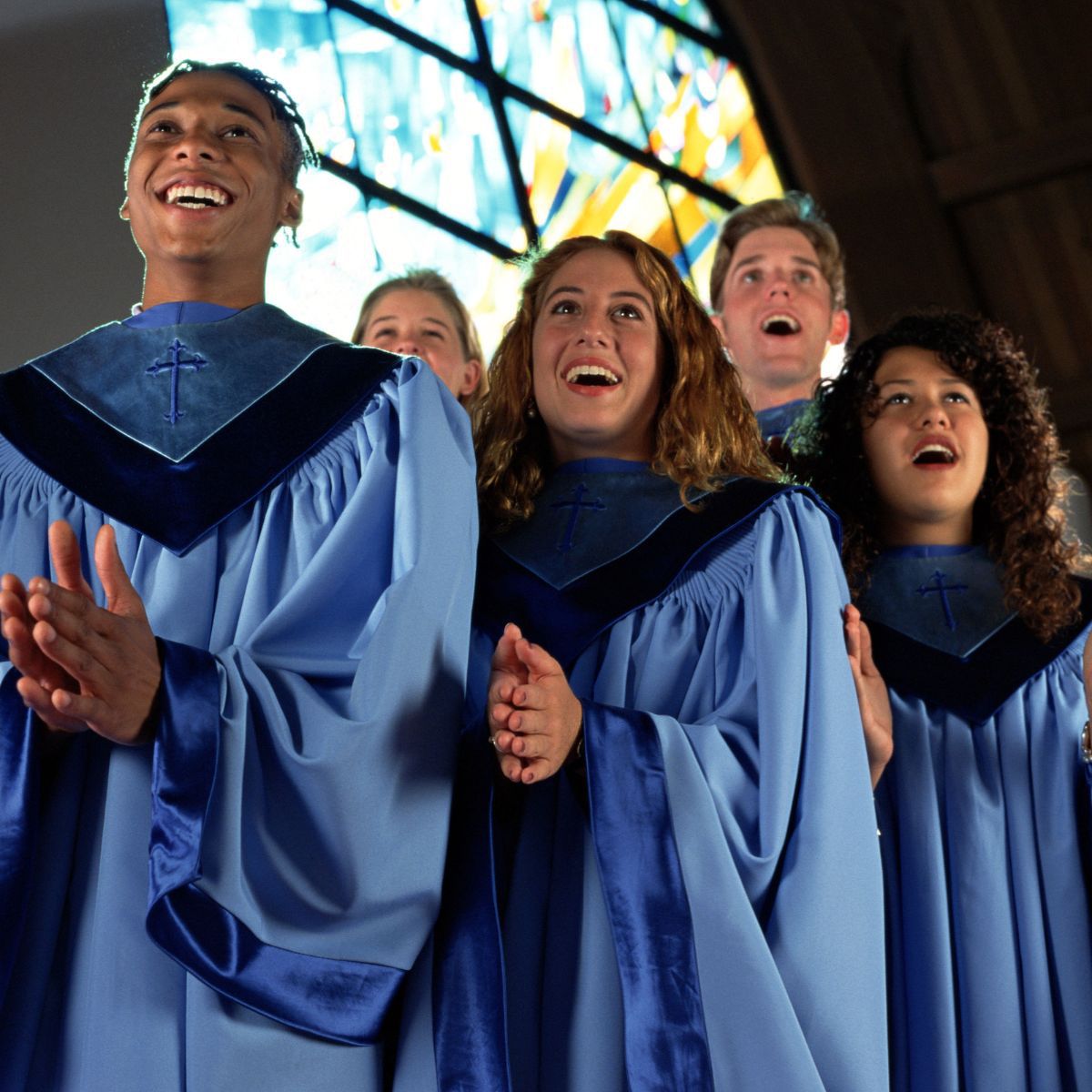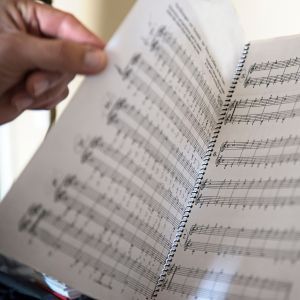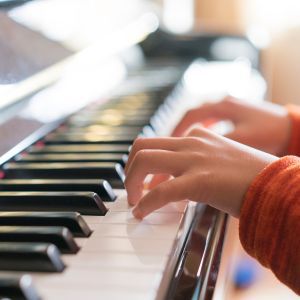Lifeway Worship
Visit lifewayworship.com for congregational worship planning resources including instrumental charts, accompaniment tracks, listening demos, full orchestrations and more for popular worship songs and classic hymns.
Lifeway Worship seeks to meet the varied music and worship needs of churches of all types and sizes. Our mission is to provide products and services that assist the local church in accomplishing its ministry goals.
Have questions or need to place an order? Call 800.436.3869 or email worship@lifeway.com (Monday - Friday, 7:30 am. - 4:30 p.m. CST) Sign up for Lifeway Worship emails here.

